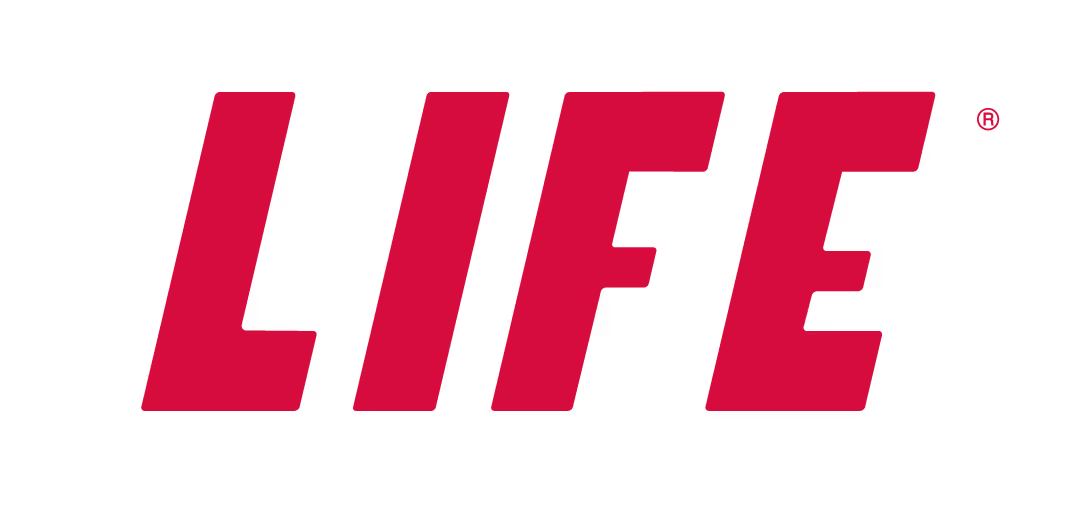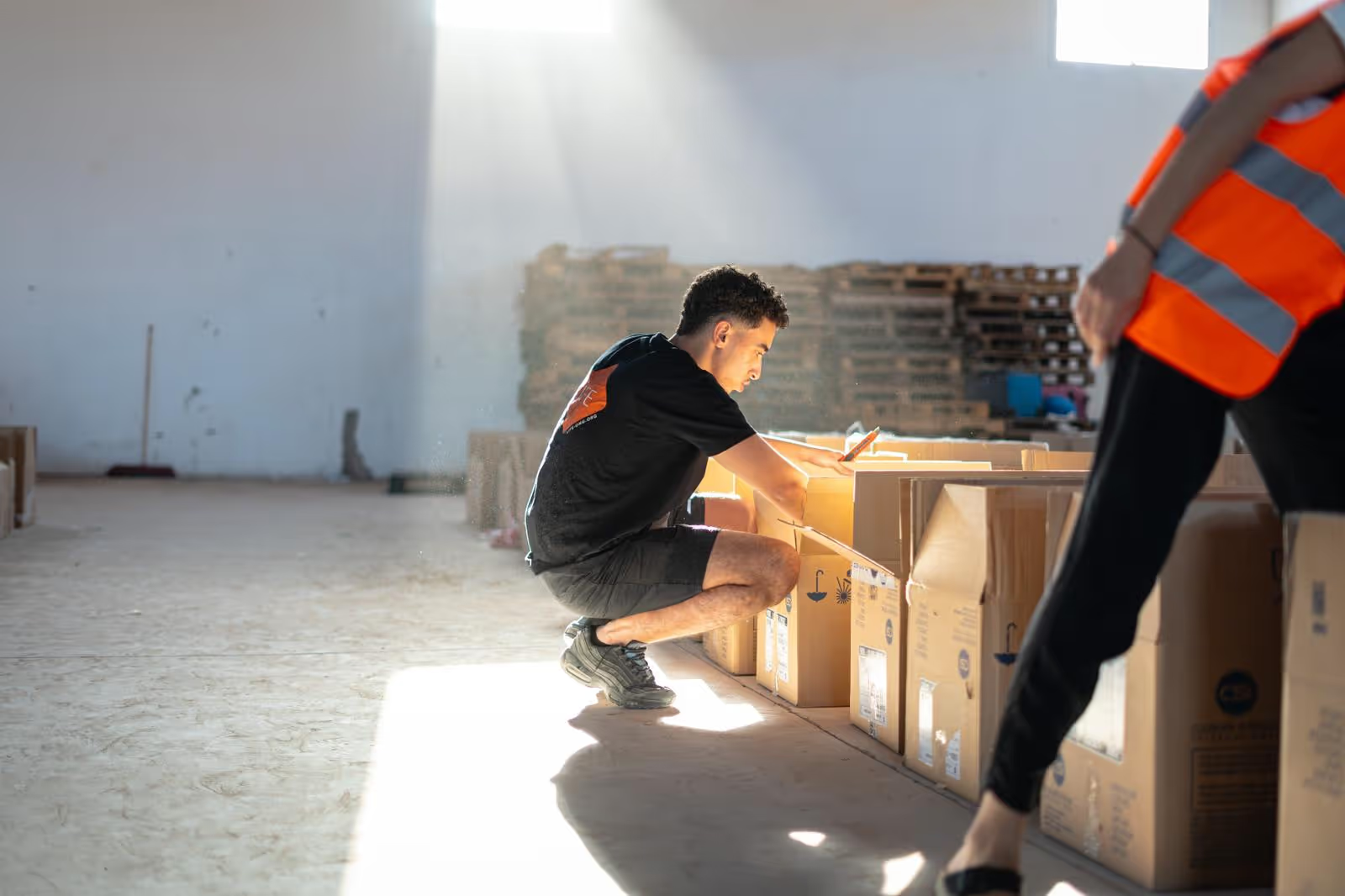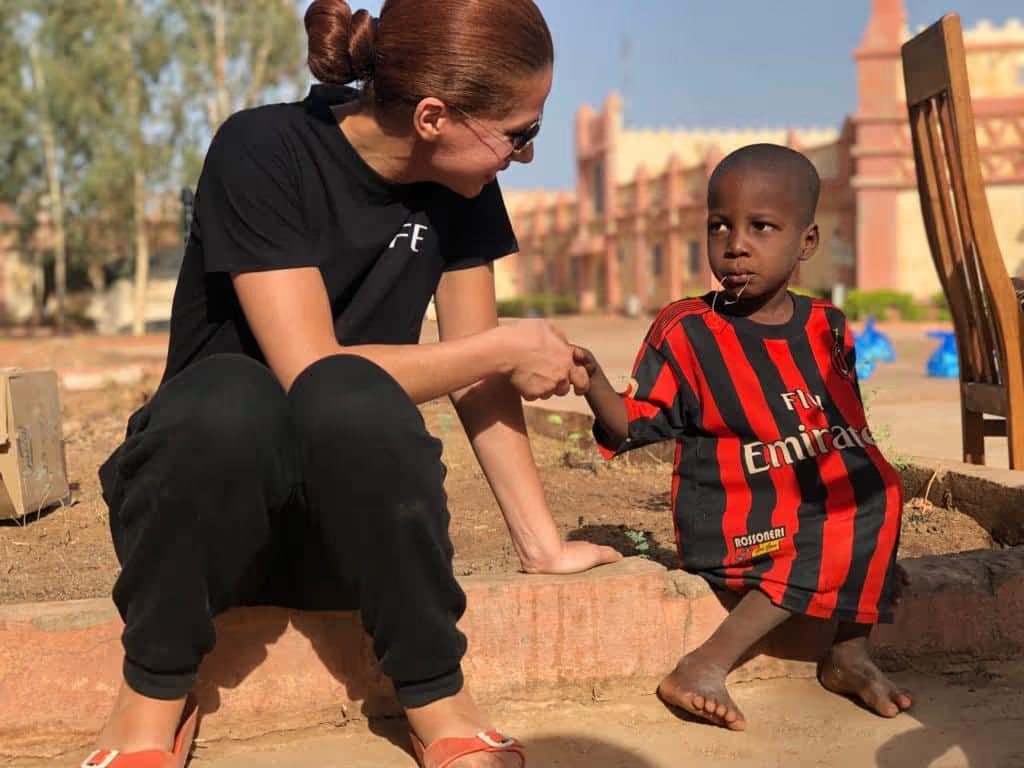Le Journal du Net talks about LIFE ONG
.avif)
Le Journal du Net talks about us in a topic devoted to humanitarian aid. The article “Cultivating a culture of effectiveness: a necessity for humanitarian action” discusses its current challenges.
Humanitarian aid is going through a period of multifaceted crisis, calling into question its effectiveness and legitimacy in the face of a growing demand for assistance. To meet these challenges, many players in the sector are adapting or changing their approach in order to measure, improve and optimize their impact.
Organizations like our NGO LIFE seek to improve their methods of action and evaluation of their interventions. As part of our OASIS campaign for example, we focus on collecting local data. It will allow us to better understand the needs of populations and to estimate the environmental impact of our operations. To do this, we use water sensors in the drinking water wells that we build.
An increasingly widespread approach is also to involve local actors in the planning and evaluation of humanitarian projects. It ensures the relevance and effectiveness of interventions. This method is promoted by organizations such as Care and our NGO LIFE. She insists on the importance of taking in local realities and working closely with the communities concerned. In addition, we want to provide populations with integrated projects that meet all their needs! Our interventions are deployed in several complementary areas: water, environment, food security and education.

Despite these efforts, the humanitarian sector is facing major challenges, including a historic funding crisis that is putting many NGOs, associations and projects at risk. The need to improve the scope and impact of humanitarian action therefore remains an absolute priority for all actors involved.
Organizations, like our NGO, that incorporate emerging standards of efficiency and ethics from the start, are ideally positioned to meet the evolving needs of the most vulnerable populations.



.avif)





